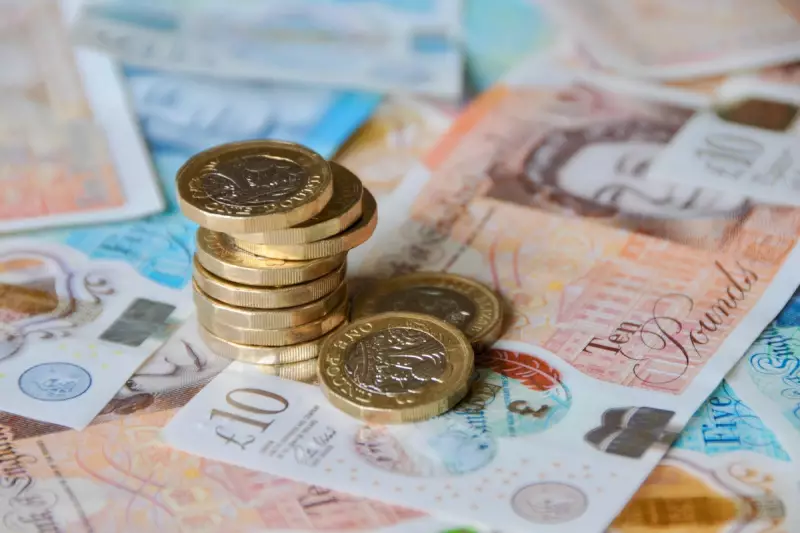
The UK's economic recovery hit a worrying standstill in April, as official figures from the Office for National Statistics (ONS) revealed growth flatlined at 0.0%. The disappointing data dashes hopes for a rebound after the technical recession witnessed at the end of 2023 and raises fresh concerns about the country's economic momentum.
The services sector, a crucial engine for the UK economy, managed only meagre growth, which was entirely offset by significant falls in both production and construction output. This stagnation presents a major challenge for the government ahead of the upcoming general election.
Business Leaders Sound the Alarm
Prominent entrepreneurs have expressed deep frustration with the current political and economic climate. Speaking on his LinkedIn page, Virgin Group founder Sir Richard Branson issued a stark warning, stating that the UK's reputation as a stable place for business is under threat. He criticised the political 'revolving door' and urged for a more consistent, long-term strategy to foster growth.
Similarly, perfumery mogul Jo Malone voiced her concerns about the impact of political uncertainty on business confidence and investment decisions. Their comments underscore a growing sentiment within the business community that stability is paramount for economic success.
A Political Football
The lacklustre GDP figures have immediately become a focal point in the political campaign. Chancellor Jeremy Hunt pointed to the economy's 'real momentum', highlighting that it is growing faster than its European neighbours. In contrast, Rachel Reeves, the shadow chancellor, seized on the data as evidence that the Conservative government's 'chaos and instability' have directly led to economic stagnation.
This political wrangling occurs against a backdrop of broader economic challenges, including persistent inflation and the ongoing cost-of-living crisis, which continues to squeeze household budgets and dampen consumer spending.
What's Next for the UK Economy?
With growth flatlining, all eyes are now on the Bank of England's next move regarding interest rates. The bleak data strengthens the argument for a rate cut to stimulate investment and spending. However, the central bank must balance this against lingering inflationary pressures.
The coming months will be critical. The outcome of the general election is likely to significantly influence business confidence and policy direction. For the UK to regain its economic footing, experts agree that a clear, stable, and long-term economic plan is desperately needed to reassure both businesses and international investors.




